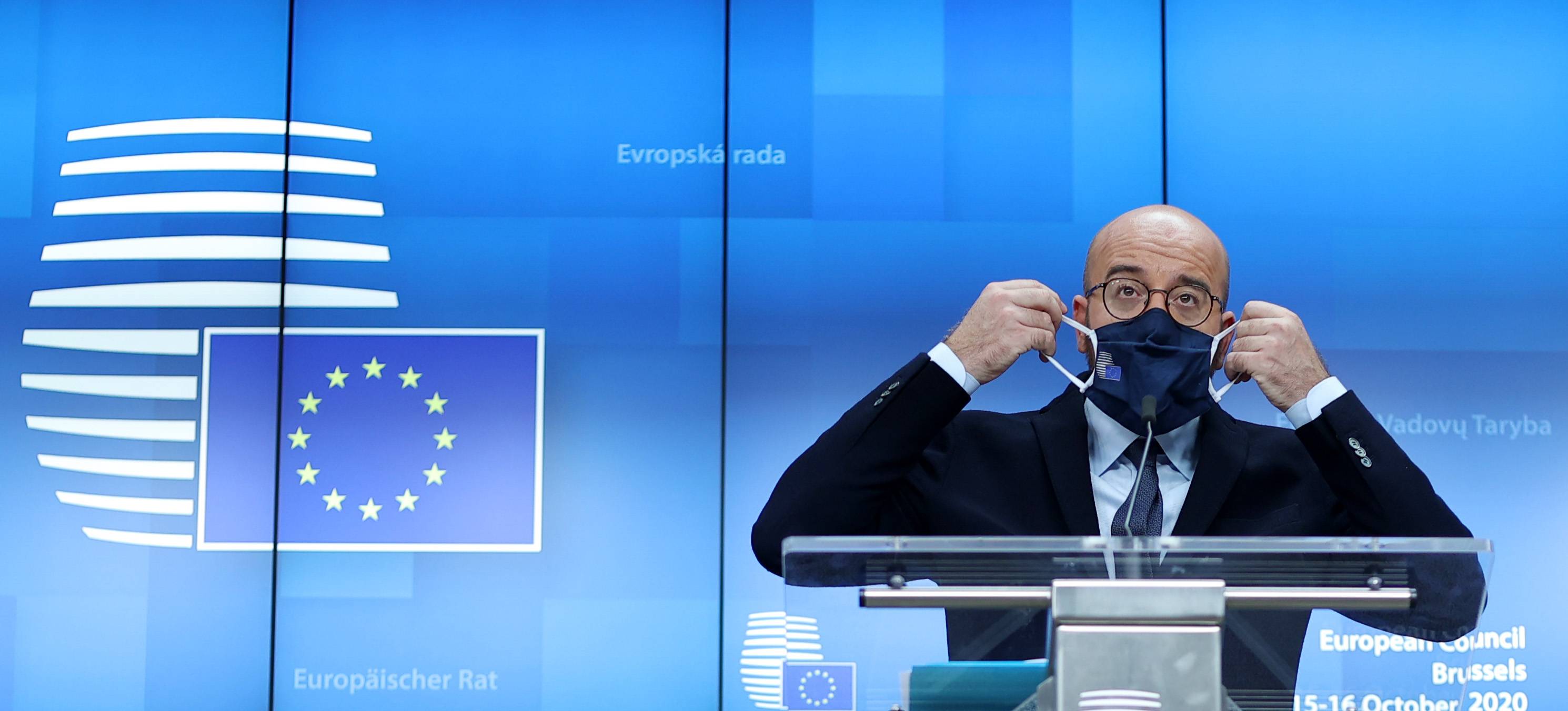In 2020, people around the world experienced life in slow motion, even as political developments accelerated. For the European Union, navigating the COVID-19 crisis has been challenging; yet, despite much naysaying, Europeans not only stuck together, but grew together, forging a more cohesive bloc. In 2021, global cooperation ought to make a strong comeback, and the EU should continue to pursue “strategic autonomy” so that it can safeguard its citizens and interests in the years and decades ahead.
It is a truism that 2020 marked a watershed. In fact, the world has been undergoing several tectonic shifts for years now, including but not limited to growing public distrust, polarization and identity politics, tepid economic growth, rising debts and deepening inequality. We have witnessed the weaponization of interdependence. Trade, technology, investment, tourism and other former venues of deepening cooperation have become instruments of power and domains of intense competition.
This was the big picture that we in the EU leadership saw when we took office in December 2019, just before conditions became even more challenging. For Europeans, it looked as though everything we held dear was being contested, be it multilateral cooperation; solidarity between countries, generations and individuals; or even basic respect for facts and science. In addition to several crises brewing in the EU’s neighborhood and the escalation of Sino-American tensions, we were hit suddenly by COVID-19, which has compounded all the other longer-term challenges Europe faces.



